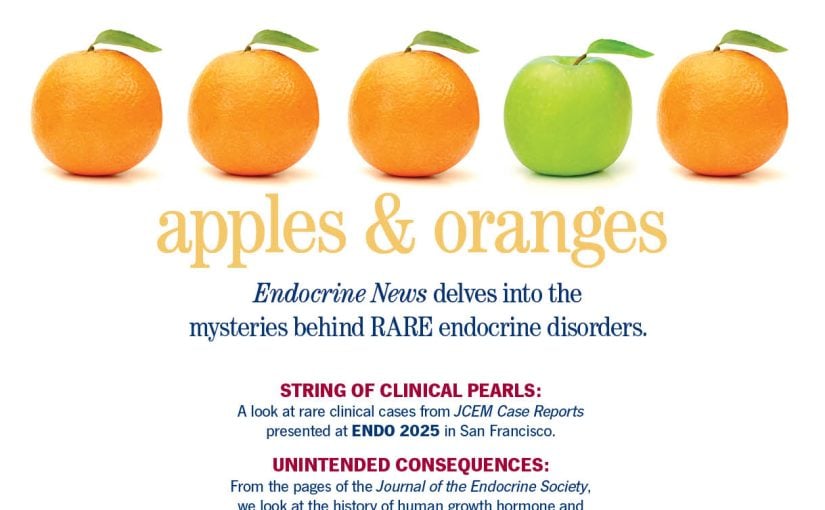In transgender men, what are the consequences of gender-affirming hormonal therapy on fertility? Led by Molly B. Moravek, MD, MPH, a team of researchers from the Center for Reproductive Medicine, in Ann Arbor, Mich., set out to answer that question as well as summarize the current literature on the topic of transgender men desiring reproduction and identify gaps in that literature.
In “Impact of Exogenous Testosterone on Reproduction in Transgender Men” from the March issue of Endocrinology, the team reports their findings from a synthesis of all available studies published in English. Primarily, because the science is not yet robust in this field and many studies are with animal models, they found more questions than answers.
For now, the approach seems to be that fertility preservation (such as with ovarian-tissue cryopreservation) should be done prior to testosterone therapy initiation, or testosterone therapy should be stopped prior to ovarian stimulation if administration has already begun due to the masculinizing effects of testosterone on the ovaries and uterus.
Although some transgender men who underwent ovarian stimulation have successfully carried pregnancies and had live births after testosterone therapy, overall, the literature is inconclusive. With assisted reproductive technologies, moreover, some transgender men experience significant distress about the procedures themselves as well as about testosterone cessation.
Unfortunately, some transgender individuals find out too late that they have diminished reproductive function and experience significant regret, yet, according to some studies, the majority desire children. Moravek and team urge the scientific community to explore ways to provide transgender individuals with better upfront tools for reproductive decision making.
“The long-term goal should be to equip medical providers with the information necessary to provide high-quality, data-driven counseling regarding fertility options for transgender men,” the authors write. Laying out all the options with their respective advantages and disadvantages empowers transgender men to make what choice is right for them.
This work was supported by the American Society for Reproductive Medicine/Society for Reproductive Endocrinology and Infertility Research Grant; National Institutes of Health (NIH); University of Michigan Office of Research funding; and Career Training in Reproductive Biology and Medical Scientist Training Program T32 NIH Training Grants.

